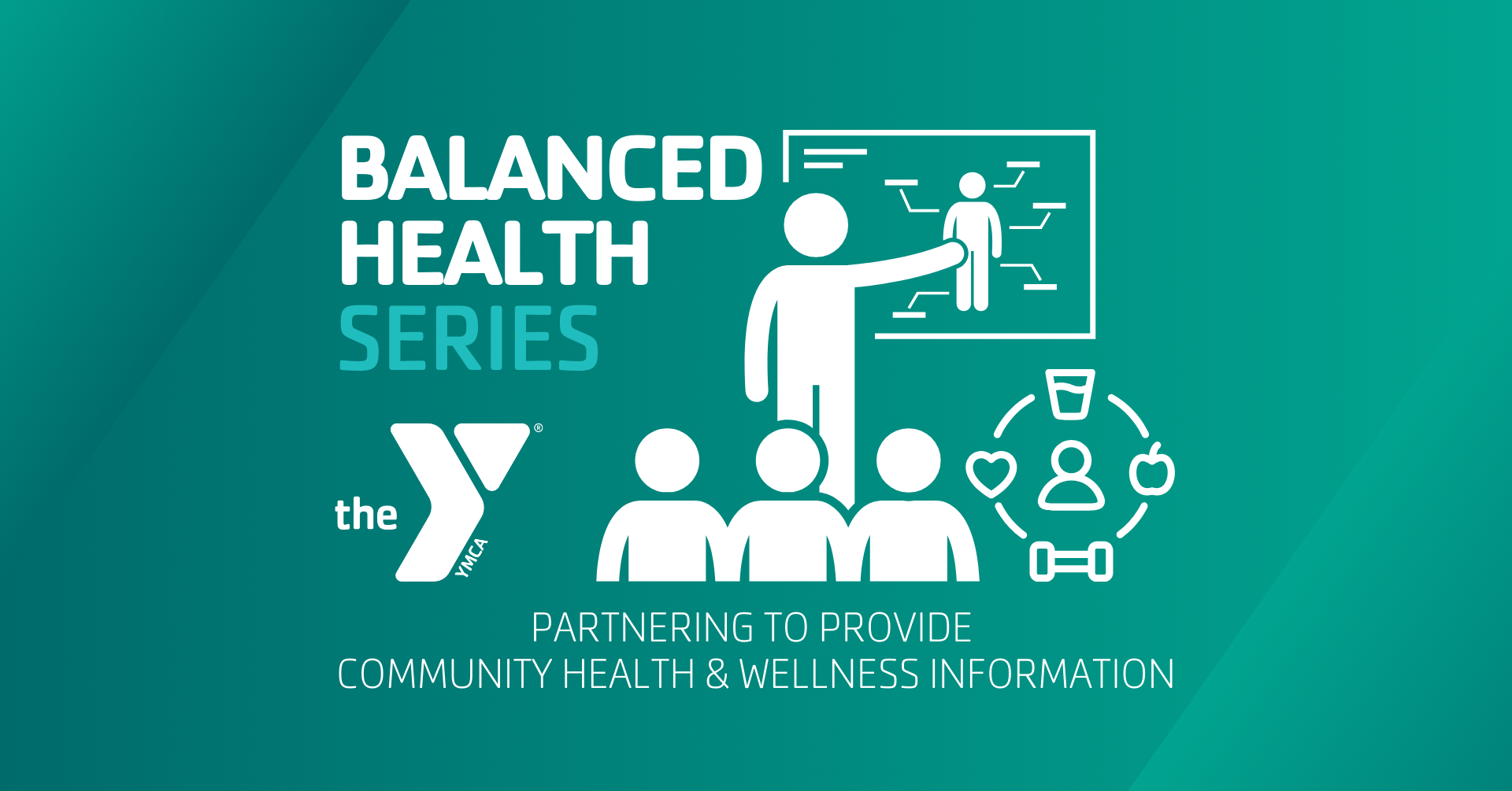
Join our FREE health seminars offered to Y members and the Community.
improve stability, balance and confidence
Urban Pole Walking Workshop
2025 scheduled dates:
Thursdays | 10:30 am - 11:30 am: June 26, July 31, August 28
Fond du Lac Family YMCA
PRESENTER: Andrea Van Dyn Hoven, Licensed Physical Therapist Assistant, Care Patrol
Discover the benefits of this low impact exercise! Andrea Van Dyn Hoven, Care Patrol, is experienced in fitting poles and leading dynamic pole walking sessions.If you are looking to increase your cardiovascular activity, want to improve walking posture or improve stability, balance and confidence this workshop is for you.
Medicare Part D Redesign and IRA Impact
Tuesday, June 24, 2025
11:00am - 12:00pm
Fond du Lac Family YMCA
PRESENTER: Beth Coopman, Network Health Pharmacist
There have been drastic changes to the design of Medicare Part D. Understanding these changes can be vital to prescription affordability and your out of pocket costs. This presentation will touch on the Medicare Part D redesign and the impact of the Inflation Reduction Act.
navigating medicare
Tuesday, July 22, 2025
11:00am - 12:00pm
Fond du Lac Family YMCA
PRESENTER: Taylor Perry, Medicare Specialist
For over 40 years, Wisconsinites like you have trusted Network Health to make health insurance affordable and understandable. We would like to invite you to join us as we host an educational event on Navigating Medicare. In this presentation, we’ll help you feel empowered about your Medicare decisions by covering topics like Original Medicare, how to enroll in Medicare, Medicare coverage options and we’ll answer any questions you might have about this next chapter in your health and wellness journey.
Stay Upright! An Important Falls Prevention Program
Tuesday, August 5, 2025
12:00pm - 1:00pm
Fond du Lac Family YMCA
PRESENTER: Kelly Faymoville, RN, SSM Health Trauma Coordinator & Standing Strong Against Falls Coalition Leader
Falls are one of the leading causes of injuries and even death in older adults. Don’t miss this important program by Kelly Faymoville, RN, as she discusses tips for preventing falls, including tripping hazards removal, assistive devices use, and an active, engaged, and health lifestyle. Other topics include strength and balance exercises, environmental safety education, and medication reviews.
